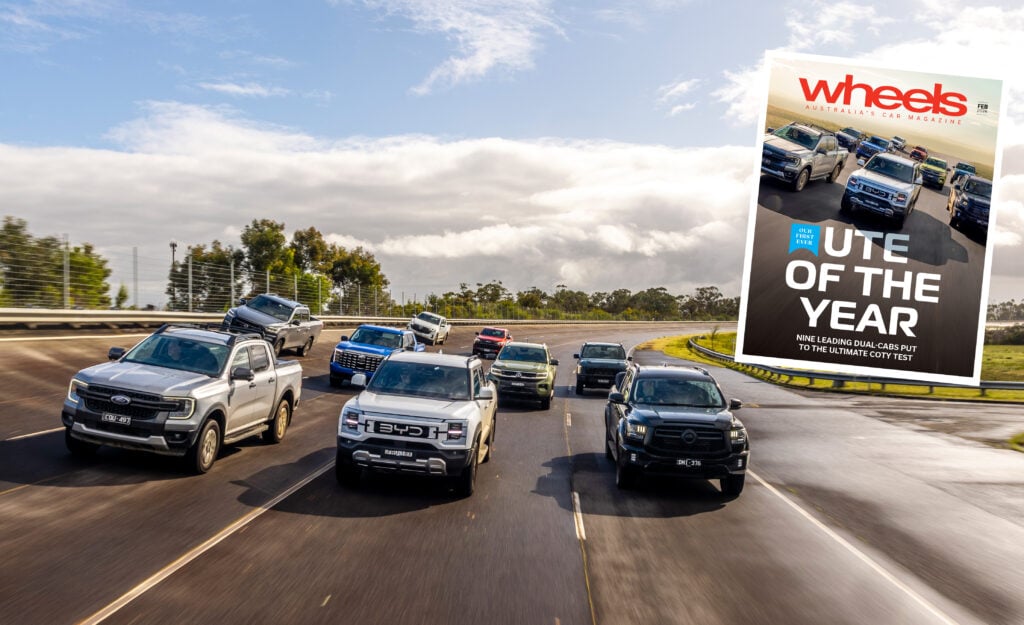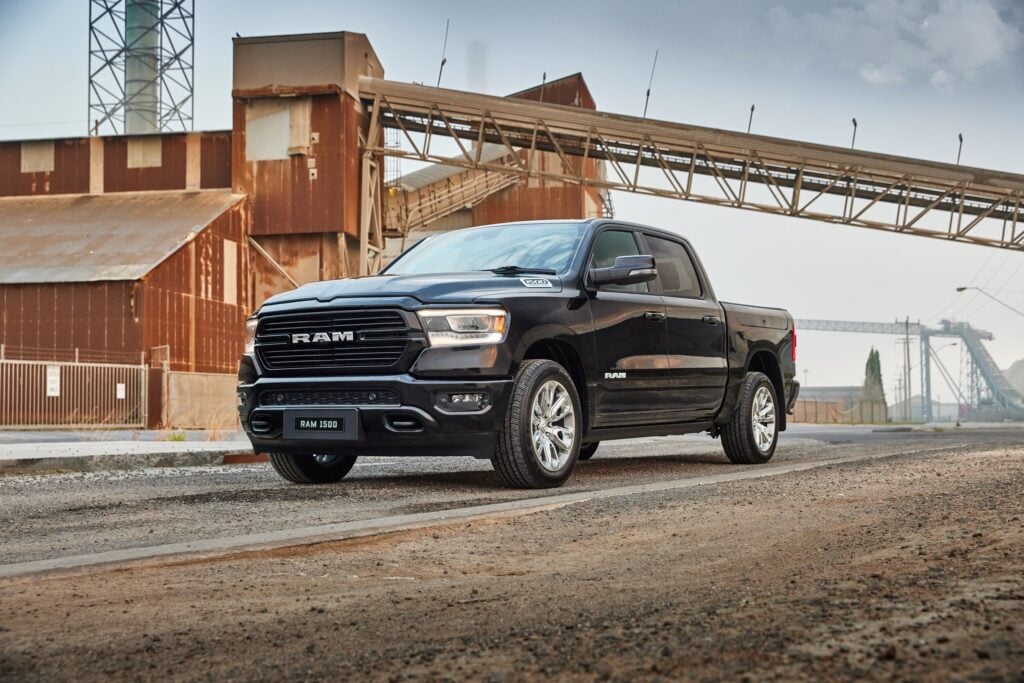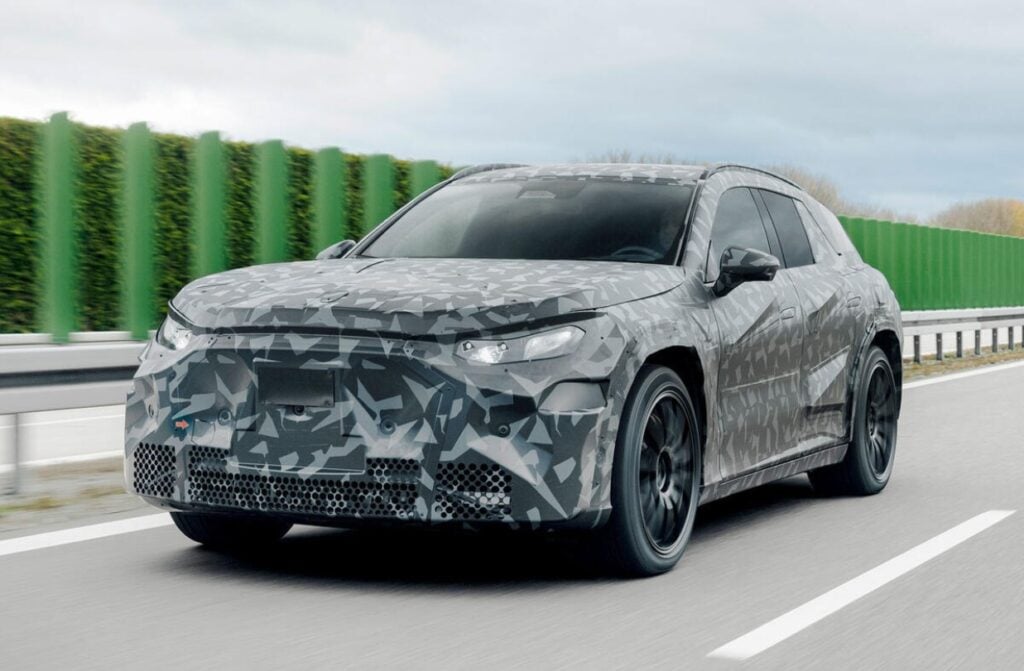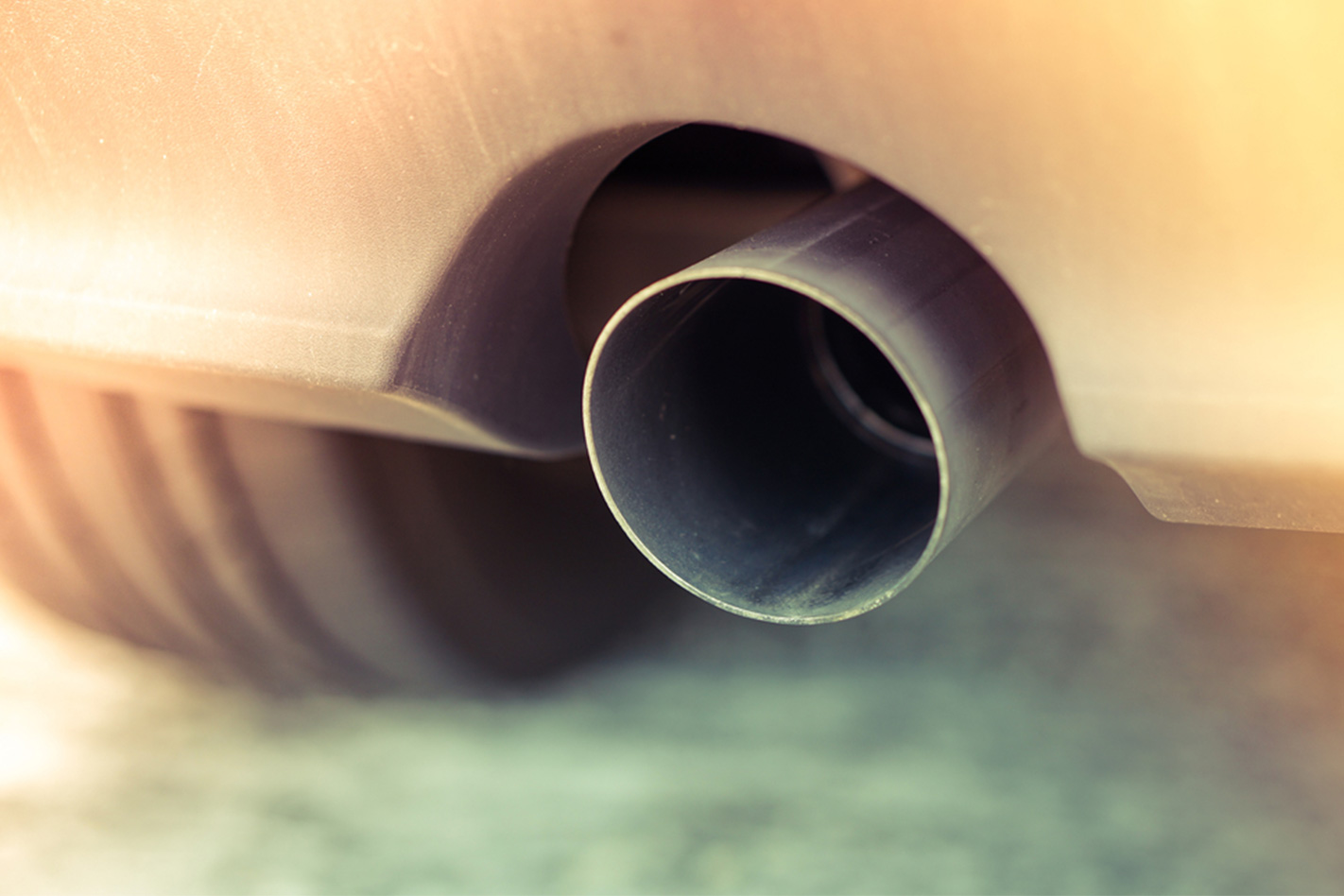
The European Union has officially tabled a proposal to phase out the production and sales of internal combustion engine-powered (ICE) vehicles by 2035 in a bid to lower CO2 emissions.
Overnight in Brussels, the European Commission outlined the European Green Deal (EGD), a proposed transformation of economic and societal impacts on the climate which has the primary aim of reducing net greenhouse gas emissions across all industries by at least 55 per cent by 2030, compared to 1990 levels.
Separately, through the implementation of ever-tightening vehicle emissions regulations primary aimed at ICEs, the EGD’s aim is for average emissions of new cars to also reduce by 55 per cent compared to 2021 levels from 2030, before moving to a 100 per cent reduction from 2035, meaning all vehicles manufactured from then must produce zero emissions.
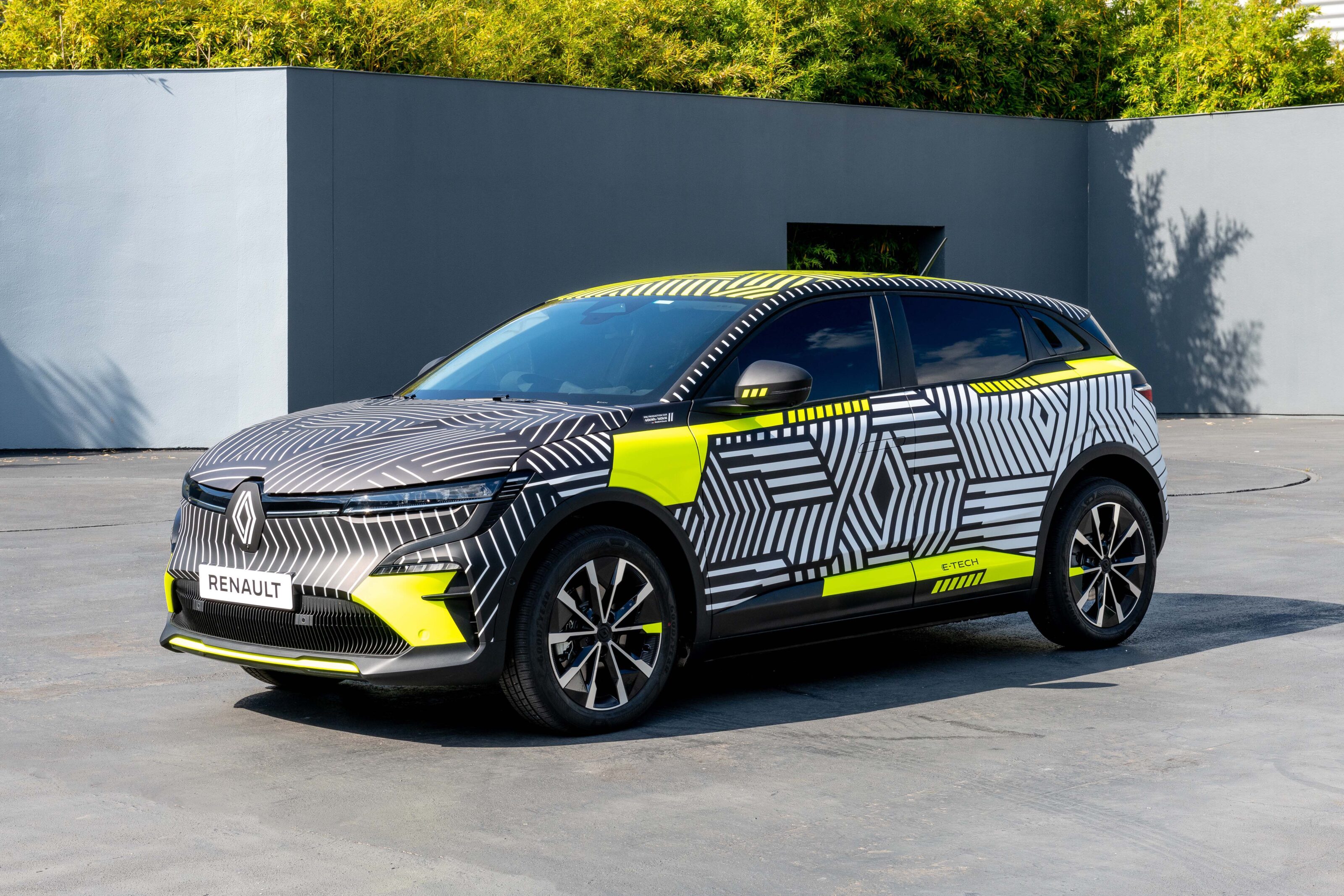
The proposal comes after the United Kingdom announced last year its own proposed ban on ICE vehicles by 2030, though it will allow new hybrid vehicles to be sold up until 2035.
While a handful of European manufacturers such as Renault, Volvo, Audi and more have already committed to producing only EVs by 2030, the EU proposal has come under criticism from some within the French and German governments.
According to Automotive News, officials within both countries believe the ban is coming too quickly without a proper transition plan away from ICEs, causing potential harm to manufacturers and the local economy in general.
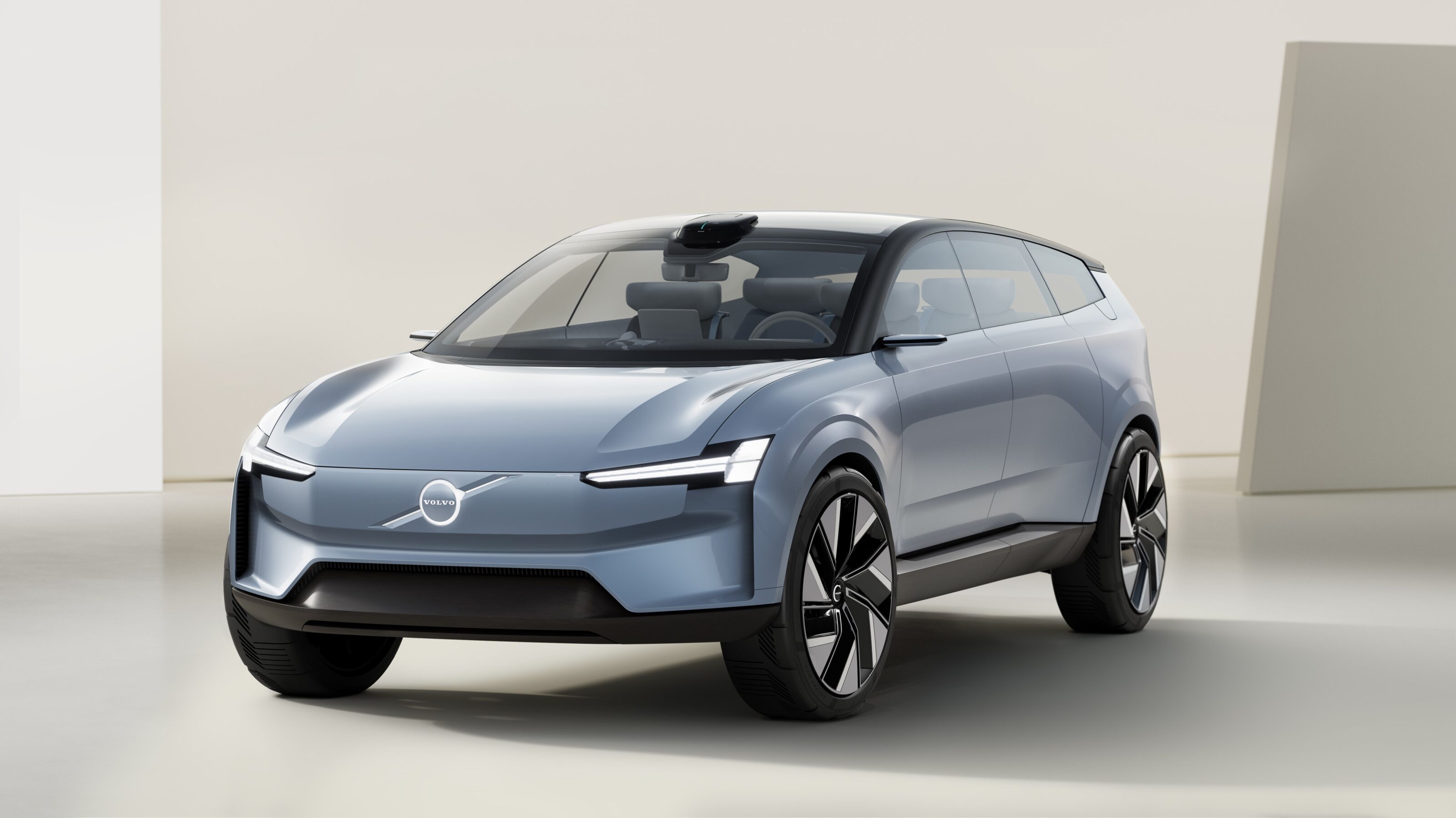
The French Government supports the targeted emissions reduction to 55 per cent by 2030 but has asked for hybrids to remain on sale for longer than the proposed 2035 cut-off date, allowing production facilities to retain staff and sell its vehicles to wider markets which haven’t adopted policies on banning ICEs.
Similarly, Germany’s Transport Minister, Andreas Scheuer, believes the targets are too strict and can negatively impact heavy vehicle manufacturers, asking instead for more of a focus on hybrid fuel-cell development.
“I believe all car and truck manufacturers are aware stricter specifications are coming. But they have to be technically feasible,” Scheuer said to German press agency, PDA.
Germany is currently the fourth-largest country for vehicle production worldwide, with 3.74 million cars rolling off production lines last year, while France is the third-largest European producer of vehicles, having recorded 1.32 million vehicles produced through 2020 despite the global Covid-19 pandemic.
We recommend
-
 News
NewsThe UK will bring forward its ban on petrol and diesel cars
Historic decision to outlaw fuel-powered vehicles for EVs could change the world
-
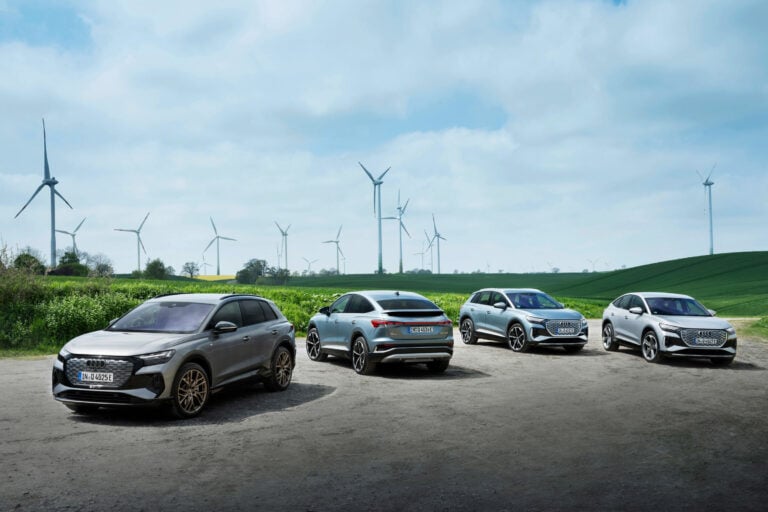 News
NewsAudi to produce final ICE model by 2025, new cars to be EV only one year later
China will be the exception to the new ICE rule
-
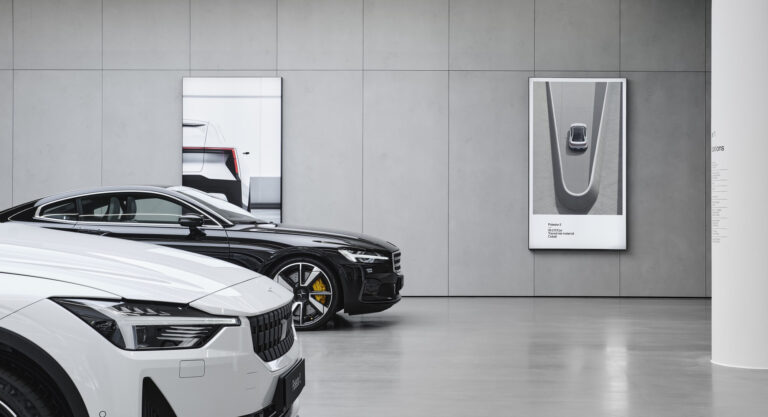 News
NewsPolestar plans to create climate-neutral car by 2030
CEO says planting trees to off-set emissions is a "cop out"


